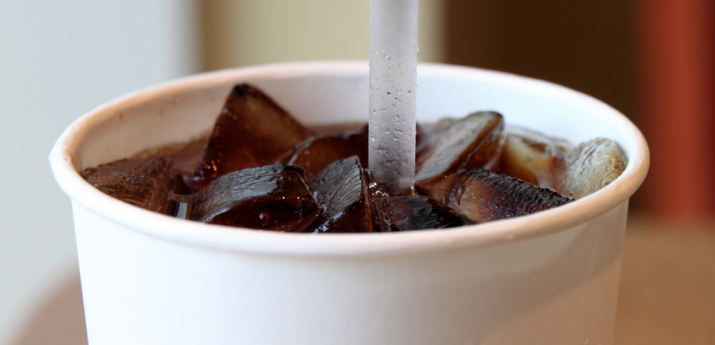
FDA supports diet soda: They declined to ban misleading advertising for artificially sweetened drinks
Tuesday, December 19, 2017 by Ralph Flores
http://www.fda.news/2017-12-19-fda-supports-diet-soda-they-declined-to-ban-misleading-advertising-for-artificially-sweetened-drinks.html

It’s hard to ignore the writings on the wall when it comes to diet soda. Several studies have pointed out the adverse effects of drinking diet sodas — people who regularly drank diet soda are more likely to develop stroke and dementia and may not be even helping you lose weight. (Related: Diet soda, aspartame linked to premature deaths in women.)
Still, the Food and Drug Administration (FDA) did just that and denied a petition that asked to prohibit companies such as Coca-Cola and PepsiCo from using the word “diet” in beverages like Diet Coke and Diet Pepsi as using the term is “deceptive, false, and misleading.”
The petition was filed by the consumer group U.S. Right to Know (USRTK) in April 2015. In the petition, the group also asked the FDA to conduct a “sweeping investigation of products containing artificial sweeteners” in an effort to check if any brand labels that are currently in the market are false or misleading. In its reply letter dated October 26, 2017, published by the USRTK, the FDA rejected the petition, citing initiating calls to initiate or enforce actions are outside the scope of a citizen petition.
In a press release, Gary Ruskin, co-director of the USRTK, blasted the move as “a strained and legally questionable interpretation of their regulation to avoid taking steps to protect public health.”
Since then, class action lawsuits have been filed against soda companies, namely Dr Pepper Snapple Group, The Coca-Cola Company, and PepsiCo, in relation to the use of the term “diet” in their products. According to the lawsuit, the companies have engaged in deceptive business practices with the use of the word “diet” for some of its sweetened drinks. This proves to be misleading, as some people may get the impression that these products may help them lose weight when the opposite is what can possibly happen, according to studies. Among all cases, research was cited stating that “sweetness”, whatever its from, will increase a person’s appetite and result in an increase in weight.
In a study conducted by the University of Georgia, researchers found through animal studies that mice who were fed a high-sugar, low-fat diet experienced a greater increase in body fat mass than the mice who were fed a balanced diet. Findings of the study also indicate an increased risk of liver fat, which can damage it in the same manner heavy alcohol use does. Aside from this, Boston University, in a different study discovered that excess sugar can inflict damage to the brain as well. This contributes to poor memory, a decrease in brain volume, and a notable shrinking of the hippocampus, which is the area of the brain that governs learning and memory. Additionally, people who drank diet soda increased their chances to develop stroke and dementia by three times.
An earlier petition to the FDA that was filed in 2015 yielded similar results, mainly since the agency was not able to reach a decision in 180 days because of “other agency priorities and the limited availability of resources.” A similar petition was filed by the USRTK to the Federal Trade Commission in the same year but also received similar results from the agency as well.
Currently, the FDA allows the use of the word “diet” in soft drinks, provided it is not “false or misleading.”
If you want to learn more about how to protect yourself from synthetic diet products, head to FoodScience.news today.
Sources include:
USRTK.org 1 [PDF]
USRTK.org 3 [PDF]
USRTK.org 4 [PDF]
Tagged Under: Tags: chemical sweeteners, diet soda, false label, false labeling, FDA, health claims, ingredients, Marketing, misleading





